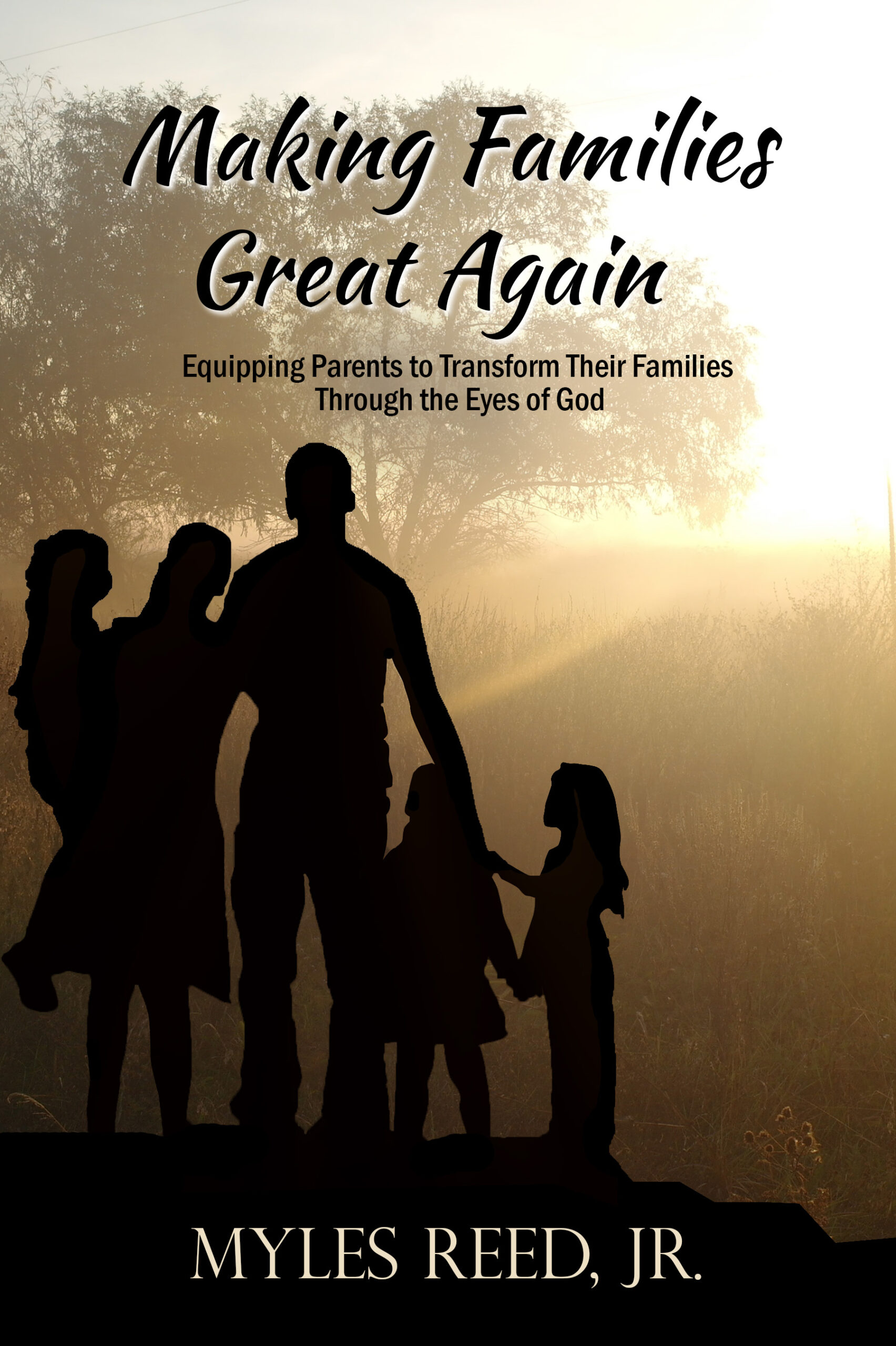Bestselling authors often write great paragraphs, but we might find ways to make them even better.
A great paragraph from The Key to Midnight by Dean Koontz:
In that self-imposed darkness, she realized that while he had been staring into her eyes, he had transmitted some of his own intensity to her. She had lost all awareness of the noisy club around her: the clinking of glasses, the laughter and buzz of conversation, even the music. Now all that clamor returned to her with the gradualness of silence reasserting itself in the wake of a tremendous explosion.
What we might see for an improved version:
In her self-imposed darkness, his staring into her eyes had transmitted some of his intensity into her. She had lost awareness of the noisy club—the clinking glasses, the laughter, and the buzz of conversation—even the music.
Now, the clamor returned to her ears like silence reasserting itself in the wake of a tremendous explosion.
Some logic behind the improvements:
- If the darkness is self-imposed, it must be “her” darkness, not “that” darkness.
- Saying “she realized” forces readers to be an observer rather than being the person. It’s telling, not showing.
- We can make the sentence clearer by showing the means through which he transmitted his intensity. What was it? His staring. Therefore, the noun phrase “his staring into her eyes” should be the subject of the sentence.
- “All” is one of those words we often use for emphasis when it actually has an opposite effect. Saying “she had lost awareness” doesn’t allow for a partial loss. Readers already have the picture, so adding “all” is a distraction that should be left out.
- Readers already know she’s sitting at a table in a noisy club, so we strengthen the second sentence by leaving out the obvious “around her.”
- An adjective and noun are stronger than a noun with an explanatory prepositional phrase because readers get to the picture more quickly, two words being better than three. Therefore, “clinking glasses” is better than “clinking of glasses.”
- Since laughter is distinct from the buzz, we should separate it as one of three items in a list: clinking glasses, laughter, and buzz of conversation.
- The new realization beginning with “now” in the last sentence is a shift in focus that warrants a new paragraph.
- The meaning of the last sentence becomes easier to grasp when we use fewer words and use “like” for comparison instead of “with.”
- Since “clamor” describes sound, “returned to her” is a telling generality, while “returned to her ears” is specific showing.




 Character is a critical key to becoming a person of quality, and it starts in the home!
Character is a critical key to becoming a person of quality, and it starts in the home!